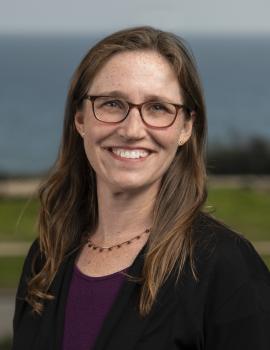
One of the difficulties in environmental management is garnering public support for a course of action designed to address a particular problem. A new study by Bren School scholars suggests that the way a project is framed can make a big difference in how it’s received by the public.
“Economic losses or environmental gains? Framing effects on public support for environmental management” in the journal PLOS ONE, by Alex DeGolia, a 2017 UC Santa Barbara Ph.D. graduate in political science, Elizabeth Hiroyasu, a doctoral candidate in UCSB’s Bren School of Environmental Science & Management, and Sarah Anderson, an associate professor of environmental politics at the Bren School, explores “which types of benefits or losses environmental managers should communicate and how to frame those attributes to achieve greater public support.”
The study, which surveyed more than 1,000 Californians, was unique in that it focused on invasive species — a subject that, the authors note, has not been politicized, unlike climate change.
The authors suspected that, as a politically neutral issue, invasive species would allow them to test different messages based on either preventing losses or facilitating gains. How people react to these messages, the paper said, is rooted in prospect theory, “which proposes that people are more responsive to potential losses than equivalent potential gains — the psychological effect of losing $100 is greater than the positive effect of gaining $100.”
“We didn’t really know whether that could be applied equivalently for something that you don’t actually own — this public good,” said DeGolia, who is now deputy director of the Catena Foundation in Colorado.
What’s more, he said, climate change has become so politicized that merely talking about the environment is seen as signaling political affiliation, making people less likely to change opinions.
It turned out political moderates and conservatives both responded positively to an environmental argument when the issue wasn’t freighted with political baggage. Given that, DeGolia said, “maybe you don’t have to be as precise in terms of who you’re going to talk to. You don’t have to necessarily highlight the economic benefits to conservatives and environmental benefits to liberals if it’s not really closely aligned with political identity. Instead, maybe you can just talk about the environmental benefits of a program like this and expect that that is going to elicit fairly positive responses across the board.”
Read full story at: The UCSB Current
Credit: Jim Logan



